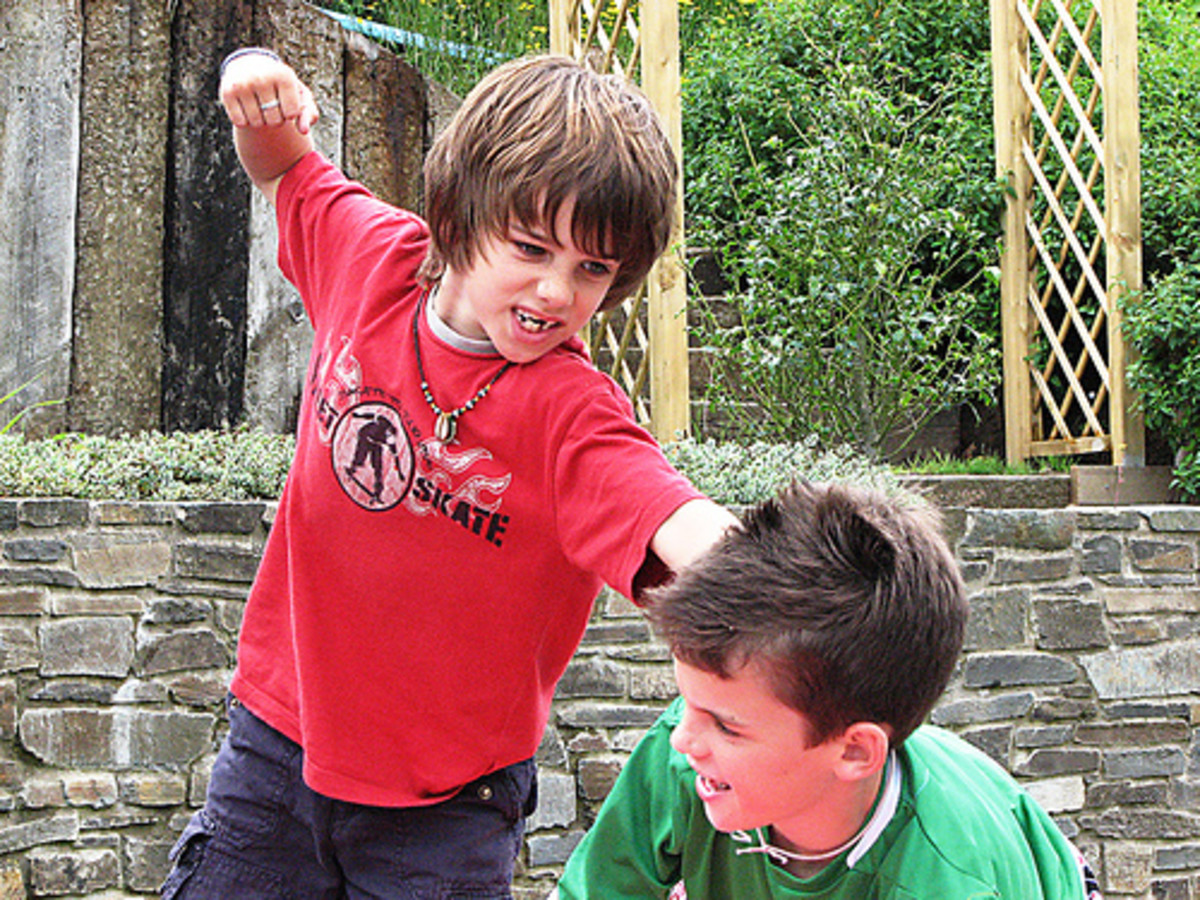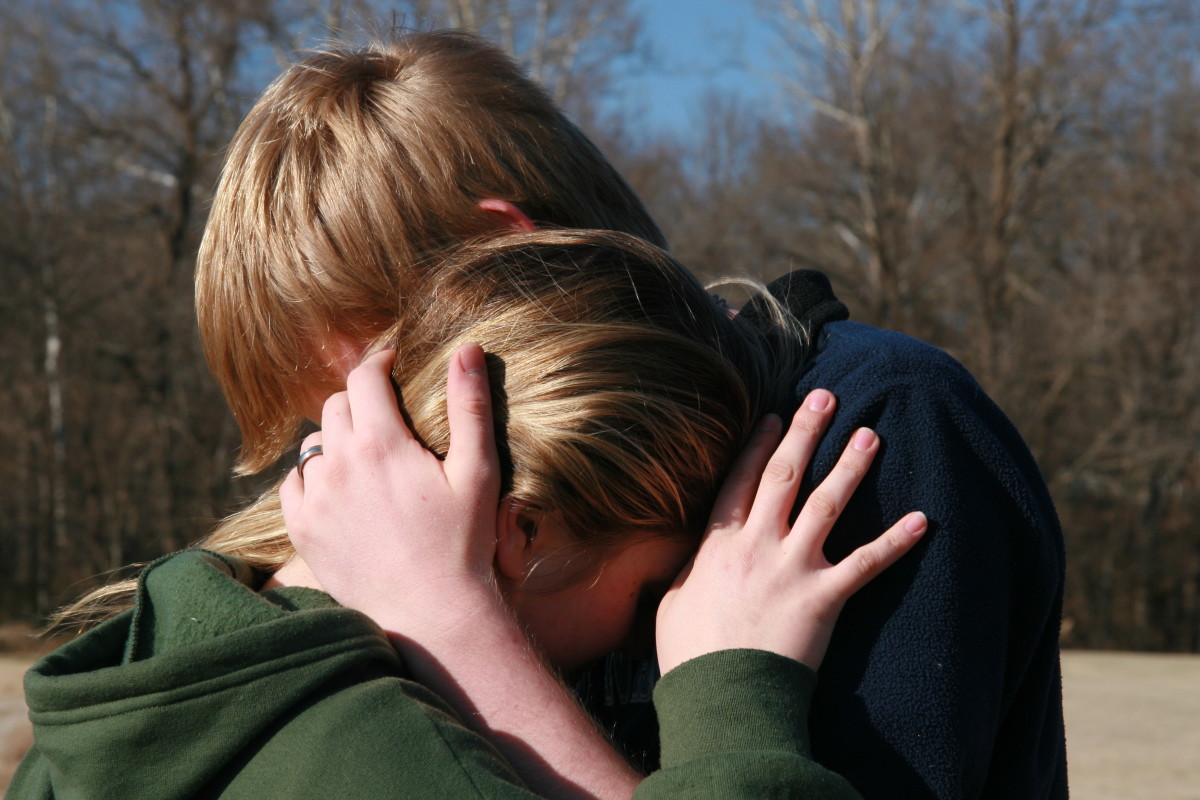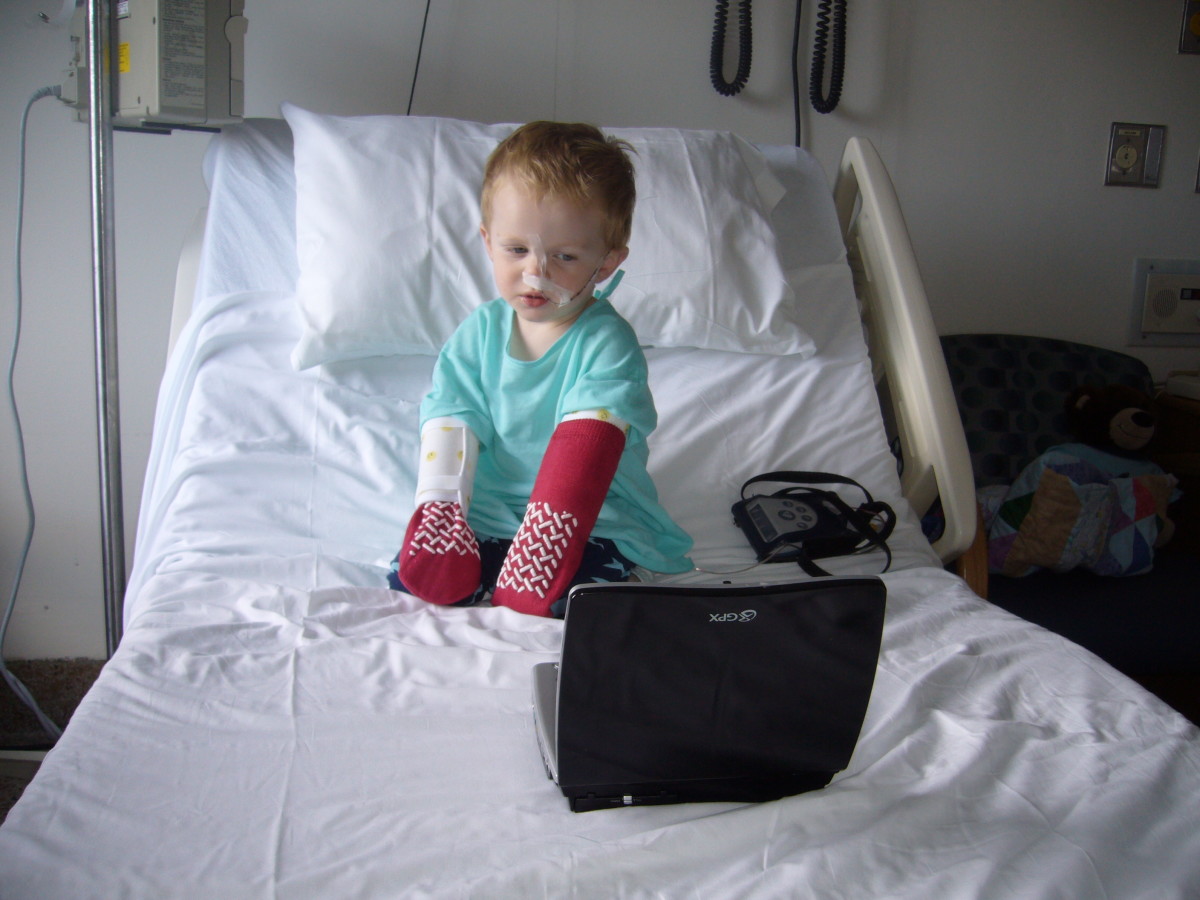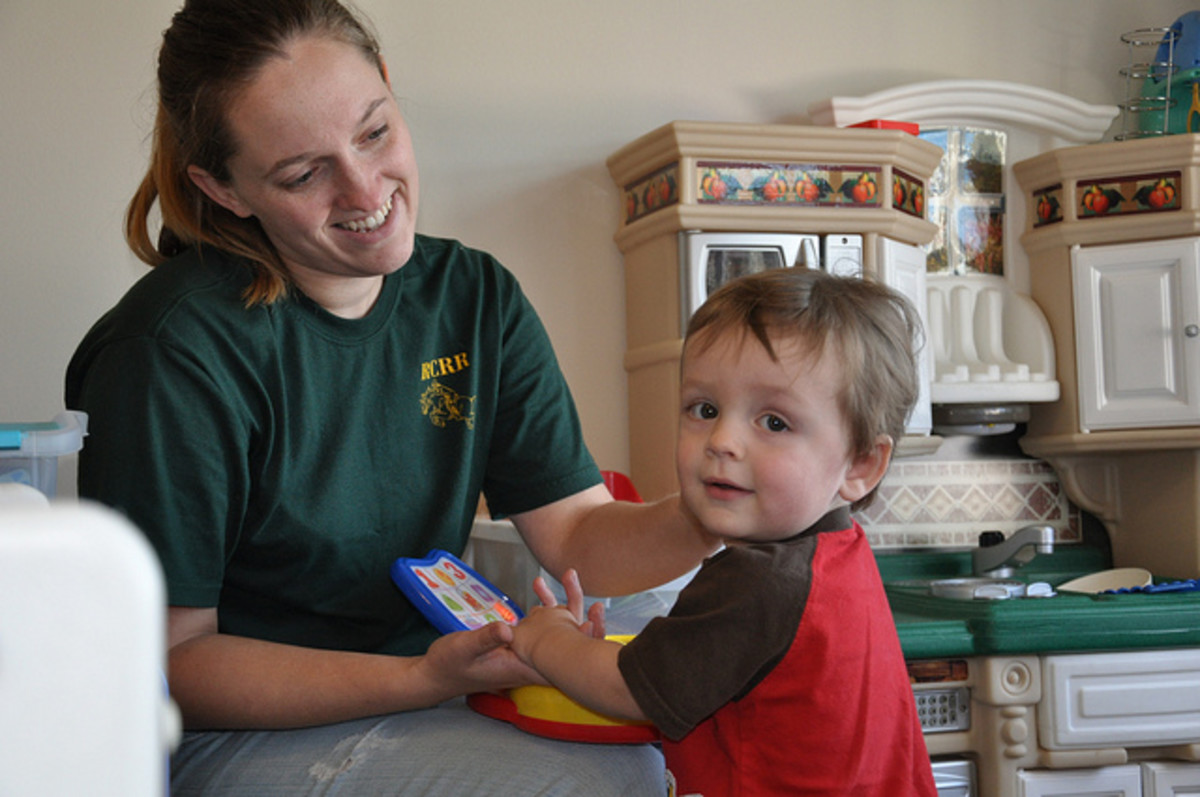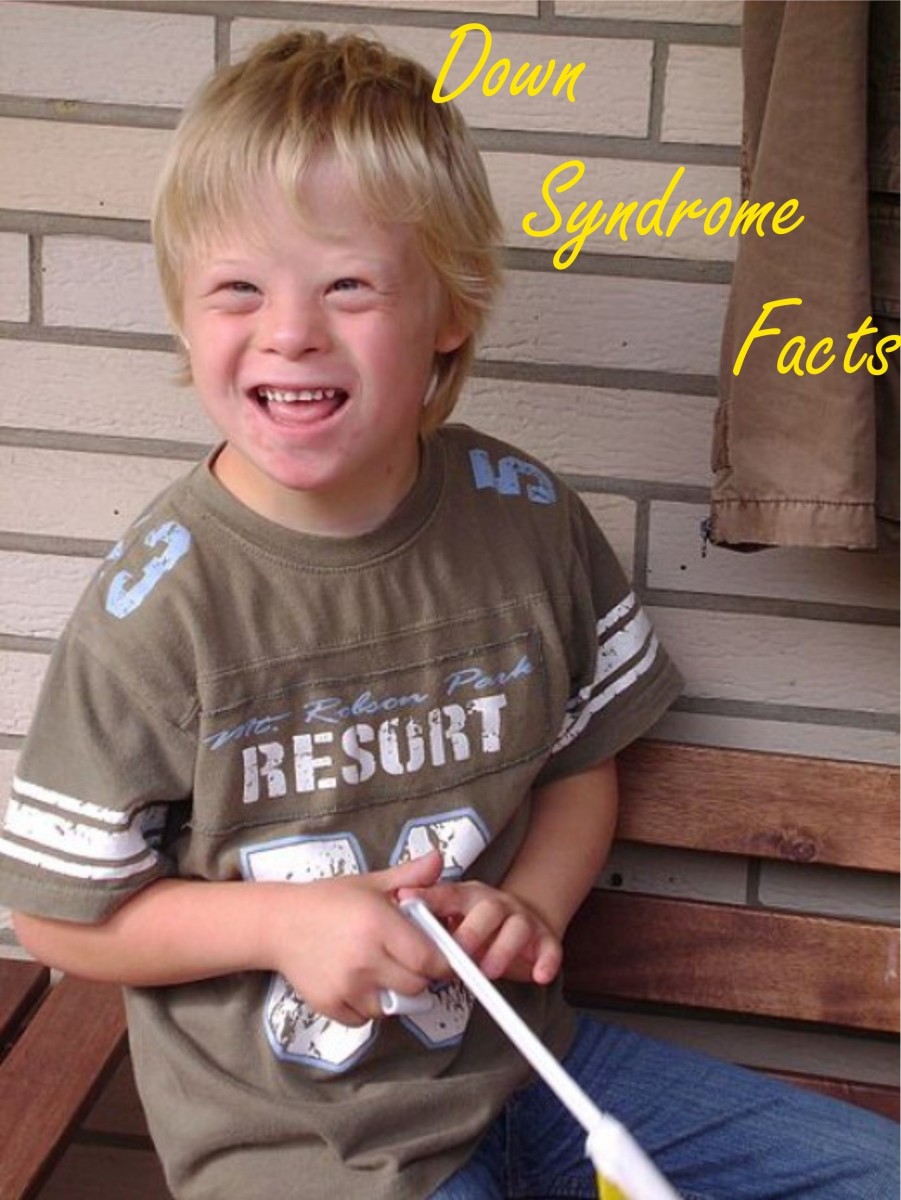Sugar: Does it Make Children Hyperactive?
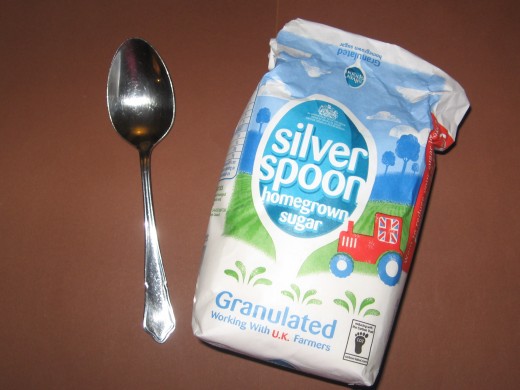
Sugar Makes Children Hyperactive - Fact or Myth?
A few days ago I was at a birthday party for two-year-old twins when one of the other parents brought up the topic of 'sugar'. There were cakes in abundance and she had decided that her children had 'had enough'. A fair decision, since they are only young and it wasn't long until dinner time. But then a conversation ensued about the effects of sugar on children.
'They go mad.'
'They can't sleep.'
They climb the walls.'
Well, I have an older child who has a regular sugar habit, particularly straight after school when he craves a chocolate bar. To be honest, I hadn't noticed a great deal of change in him after this one chocolate bar, though of course I would prefer it if he was so enthusiastic about, say, bananas or Granola bars. Life isn't perfect, though, and try as we might, our children do not necessarily emulate our own opinions over such things. In any case, surely there is nothing wrong with a little treat?
Coincidentally, that very same night I sat down to watch Jo Frost: Extreme Parental Guidance, on Channel 4. Jo Frost is perhaps better known for her role as the ever-popular Supernanny, sent to fix behavioural problems when parents are ready to throw in the towel. I had been watching this show for three or four weeks and had been finding the experiments Jo was conducting especially interesting.
That evening, the experiment on Extreme Parental Guidance concerned the widely discussed question: 'Does Sugar Really Make Our Children Hyperactive?' Well, if you want to go along with the countless parents who insist their children suffer from temporary insanity after a couple of hours fun at a sugar laden party, then the experiment hardly seemed necessary. Many parents, including a lot I know personally, are absolutely convinced that sugar does have a drastic effect on the behaviour of their children.
For the experiment, forty six-year-olds were divided into two groups. Half were labelled with even numbers; the other half with odd numbers. Unbeknown to their parents, the even numbered children were fed typical party food high in sugar. The odd numbered children ate low sugar foods. It is important to note here that fizzy drinks and colourants commonly found in sweets were not present during the experiment as they have already been linked to hyperactivity. The very fitting setting for the experiment was a party complete with enormous bouncy castle.
Mid-experiment, the parents were asked whether or not they believed their children had been given sugar. One look at their sons and daughters racing about and jumping wildly on the bouncy castle was enough to convince them. The vast majority of the parents did think that their child had been given sugar.
The children were then invited to watch a magic show. Here lies the interesting part of the experiment - many of the parents suddenly did a complete u-turn. Many of them could not believe that their child was capable of sitting still and watching a magic show after consuming large quantities of sugar. One of the parents still thought her daughter had had sugar, but was convinced she was on the 'low' after the 'high'.
After the magic show, the majority of parents changed their minds and and decided their child had not had sugar after all. Half of all the parents were wrong.
An expert on children and hyperactivity was present for the experiment, as was a team of observers. The expert explained that the children were simply reacting to their environment - parties are more exciting. He concluded that there was no difference in the children's behaviour, whether or not they had consumed sugar. (This does not, of course, suggest that eating a lot of sugar is ideal - a diet consistently high in sugar may have other health consequences. However, as Jo Frost explains in the programme, 'Everything in Moderation'.
So, what does this tell us? Well, apart from the obvious - that sugar does not play a part in children's hyperactivity, it does suggest that many of us have clearly forgotten what it is like to be a child. By nature, children are energetic. Put them in the right setting and their excitement rubs off on one another. Maybe we should also be aware of how quick we are to attach clinical labels to our children's behaviour. Perhaps we should try standing back sometimes and remembering that once upon a time we were young and silly too.

